Top 10 historical movies to watch
From epic battles to poignant personal struggles, historical films transport us through time, offering glimpses into pivotal moments and the lives that shaped them. These cinematic journeys provide not only entertainment but also a deeper understanding of our collective past. Join us as we explore some of the most compelling historical movies ever made.


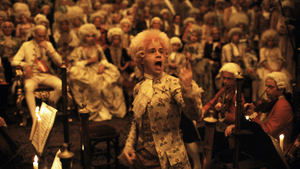
Historical films have a unique power to educate and entertain, often bringing to life events and figures that might otherwise remain confined to textbooks. The best of these movies don't just recount facts; they immerse us in the emotional and human dimensions of history, making the past feel immediate and relevant. Think of the meticulous detail in "Schindler's List," which painstakingly recreates the harrowing realities of the Holocaust, or the sweeping scope of "Lawrence of Arabia," which captures the grandeur and complexity of World War I in the Arabian desert. These films often require immense dedication from cast and crew, from extensive research into period-accurate costumes and sets to actors undergoing significant transformations for their roles. For instance, Adrien Brody learned to play Chopin for "The Pianist," a commitment that added profound authenticity to his portrayal of Władysław Szpilman. Beyond the grand narratives of war and political upheaval, historical cinema also excels at intimate portraits, such as the struggles depicted in "The King's Speech" or the harrowing journey in "12 Years a Slave." These stories remind us that history is not just about dates and battles, but about individual experiences, resilience, and the enduring human spirit. They encourage us to reflect on the lessons of the past and appreciate the complexities that have shaped our present world. A great historical film leaves you not just entertained, but also enriched with new perspectives and a deeper connection to the human story.
14. Apocalypse Now (1979)
Apocalypse Now is Francis Ford Coppola's surreal and harrowing journey into the heart of darkness during the Vietnam War. While not a historical recount in the traditional sense, it's a powerful allegory for the psychological toll and moral ambiguities of conflict. Martin Sheen's Captain Willard is sent on a mission to assassinate the rogue Colonel Kurtz, played by a mesmerizing Marlon Brando, who has set himself up as a god among a local tribe. The film's stunning visuals, aided by Vittorio Storaro's cinematography, and its iconic soundtrack (featuring 'The End' by The Doors) create an oppressive and hallucinatory atmosphere. It's a visceral and thought-provoking exploration of the madness of war and the unraveling of the human psyche.

13. Gone with the Wind (1939)
Gone with the Wind is a sweeping historical romance set against the backdrop of the American Civil War and Reconstruction era. Based on Margaret Mitchell's iconic novel, the film is known for its epic scope, stunning cinematography, and unforgettable performances. Vivien Leigh's Scarlett O'Hara is a force of nature, a strong-willed Southern belle navigating personal turmoil amidst societal upheaval, while Clark Gable's Rhett Butler is the quintessential rogue. Despite its problematic historical portrayals through a modern lens, the film remains a landmark in cinematic history for its sheer scale and enduring popularity, capturing a pivotal period in American history through a dramatic, personal lens.

12. The Great Dictator (1940)
Charlie Chaplin's The Great Dictator stands as a bold and groundbreaking satire, released at a time when Hollywood was hesitant to tackle Nazi Germany. Chaplin, playing both a Jewish barber and the tyrannical dictator Hynkel (a thinly veiled caricature of Hitler), delivers a performance that blends his signature slapstick comedy with biting political commentary. The film's climax, Chaplin's impassioned speech for humanity, peace, and tolerance, remains incredibly powerful and relevant today. It was a courageous artistic statement that dared to use humor and pathos to confront the rising tide of fascism, proving that comedy could be a potent weapon against oppression.
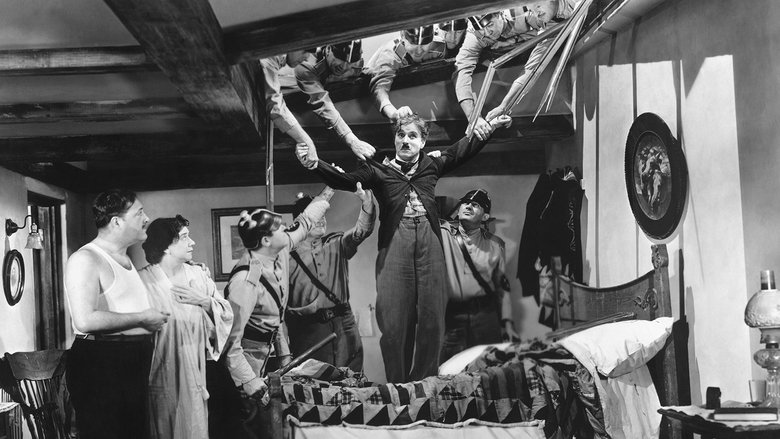
11. 12 Years a Slave (2013)
Steve McQueen's 12 Years a Slave is a harrowing and essential film based on the true story of Solomon Northup, a free Black man abducted and sold into slavery in the antebellum South. Chiwetel Ejiofor's performance as Solomon is incredibly powerful, conveying the immense suffering and dehumanization he endures while clinging to his identity and hope. The film is unflinching in its depiction of the brutality of slavery, forcing viewers to confront a dark chapter of history with stark realism. It's a difficult but profoundly important watch, a testament to the resilience of the human spirit and a stark reminder of the injustices of the past. Lupita Nyong'o's Oscar-winning portrayal of Patsey is particularly devastating.
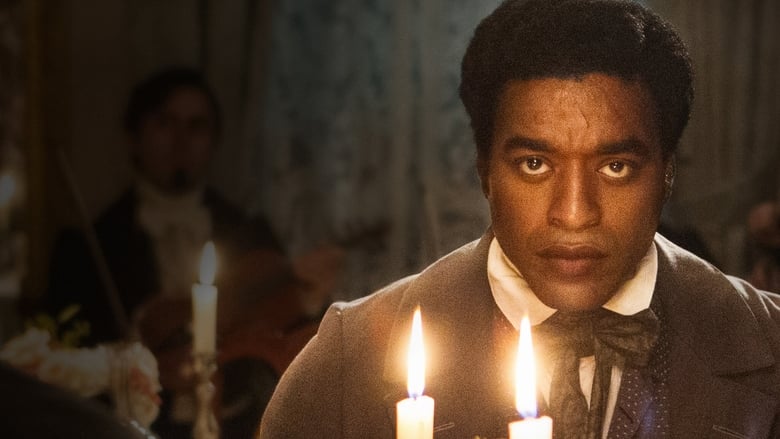
10. Lincoln (2012)
Steven Spielberg's Lincoln provides a focused and insightful look at the final months of Abraham Lincoln's life, specifically his tireless efforts to pass the Thirteenth Amendment, abolishing slavery. Daniel Day-Lewis delivers an absolutely transformative, Oscar-winning performance, embodying Lincoln with an uncanny precision that goes beyond mere imitation. The film is less about grand battles and more about the intricate political maneuvering and moral compromises required to achieve monumental change. It's a powerful and eloquent exploration of leadership, democracy, and the difficult choices made during a pivotal moment in American history, showcasing the often unseen complexities of legislative action.

9. The King's Speech (2010)
The King's Speech offers an intimate and surprisingly human look at King George VI's struggle with a stammer as he prepares to lead Britain into World War II. Colin Firth's Oscar-winning performance as the reluctant monarch is truly exceptional, capturing his vulnerability and determination. Geoffrey Rush is equally brilliant as Lionel Logue, the unorthodox Australian speech therapist who helps him find his voice. The film masterfully balances historical context with a compelling personal story of overcoming adversity. It's a charming and inspiring film that highlights the power of friendship and the courage it takes to face one's deepest fears, even when you're a king.

8. The Last Emperor (1987)
Bernardo Bertolucci's The Last Emperor is a visually opulent and deeply moving portrayal of the life of Puyi, the last emperor of China. It was the first Western film to be granted permission to shoot inside the Forbidden City, which lends an incredible authenticity to its sprawling narrative. John Lone's performance as Puyi, from his enthronement as a child to his eventual imprisonment and rehabilitation, is captivating. The film beautifully illustrates the dramatic political and social changes in China throughout the 20th century, seen through the eyes of a man who was once a living god and later a gardener. Its nine Academy Awards, including Best Picture, are a testament to its grandeur and emotional depth.
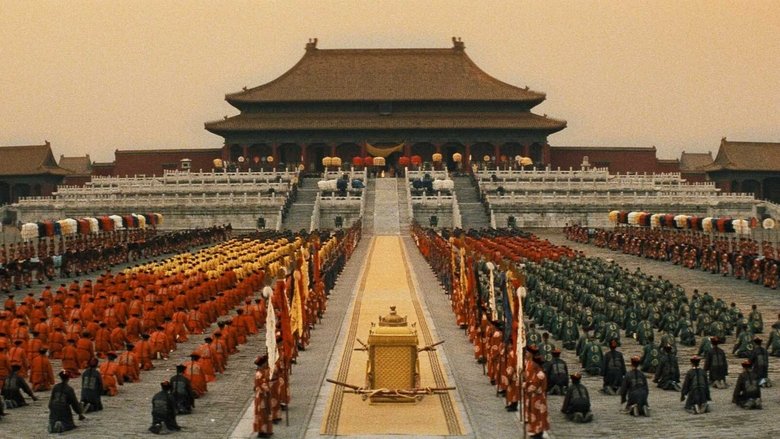
7. Lawrence of Arabia (1962)
David Lean's Lawrence of Arabia is an expansive cinematic achievement, a true epic in every sense of the word. Peter O'Toole delivers an iconic performance as T.E. Lawrence, the enigmatic British officer who united Arab tribes during World War I. The film's stunning cinematography, capturing the vastness and beauty of the desert, is simply unparalleled, making it a feast for the eyes on the biggest screen possible. Lawrence of Arabia delves into themes of identity, leadership, and the clash of cultures, offering a complex portrait of a man torn between two worlds. Its scope and ambition remain a benchmark for historical filmmaking, and its artistry is as compelling today as it was upon its release.
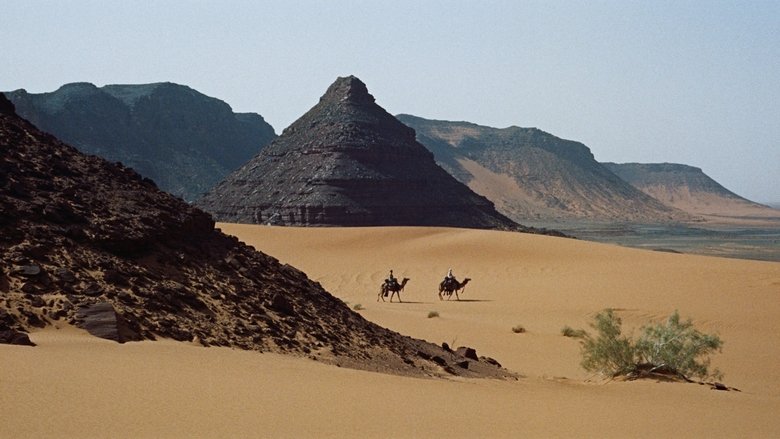
6. Braveheart (1995)
Braveheart, directed by and starring Mel Gibson, is an epic tale of Scottish rebellion against English rule in the 13th century. Gibson's portrayal of William Wallace, a legendary warrior who led his countrymen to fight for freedom, is passionate and intense. The film is renowned for its large-scale battle sequences, which are both brutal and exhilarating, showcasing the raw power and desperation of the medieval battlefield. While historically debated, Braveheart captures the spirit of defiance and the yearning for liberty that resonates deeply with audiences. The sweeping landscapes of Scotland provide a magnificent backdrop to this story of sacrifice and heroism, making it a compelling watch for fans of historical action.
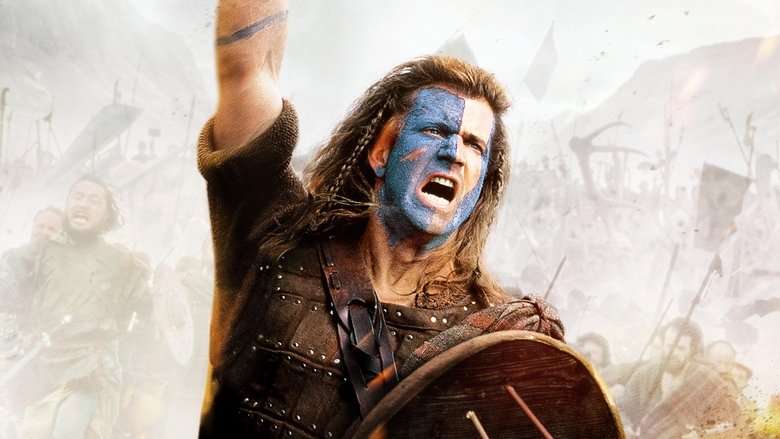
5. Amadeus (1984)
Milos Forman's Amadeus is a dazzling and often mischievous look at the life of Wolfgang Amadeus Mozart, told through the envious eyes of his rival, Antonio Salieri. F. Murray Abraham's Salieri, who won an Oscar for his performance, is a captivating narrator, guiding us through Mozart's genius and perceived debauchery. Tom Hulce's energetic and often childlike portrayal of Mozart is a stark contrast, highlighting the eccentricities of a true musical prodigy. The film is beautifully shot, with lavish period costumes and sets that perfectly capture 18th-century Vienna. Beyond the historical drama, it's a fascinating exploration of artistic genius, jealousy, and the concept of divine inspiration. The use of Mozart's actual music throughout the film is, of course, a major highlight, allowing his compositions to truly shine.

4. The Pianist (2002)
The Pianist, directed by Roman Polanski, offers a harrowing yet deeply personal account of survival during World War II. Adrien Brody's Academy Award-winning performance as Władysław Szpilman, a Polish-Jewish pianist, is a revelation. Brody underwent significant physical and emotional transformation for the role, losing a considerable amount of weight and isolating himself to understand Szpilman's experience. The film is praised for its unflinching realism and its ability to convey the brutal indifference of war alongside the resilience of the human spirit. It's a powerful and often quiet film that emphasizes the small acts of kindness and the enduring power of art in the face of unimaginable adversity.

3. Gladiator (2000)
Gladiator isn't just a historical epic; it's a thrilling journey of vengeance and honor that transports you to the heart of the Roman Empire. Russell Crowe's portrayal of Maximus Decimus Meridius, a general turned slave turned gladiator, is iconic, showcasing a raw intensity and stoicism that perfectly embodies the character's plight. Ridley Scott's direction is masterful, balancing grand-scale battles with intimate character moments, all set against a meticulously recreated ancient world. The film's influence on subsequent historical dramas is undeniable, setting a new standard for the genre. And who can forget Hans Zimmer's soaring score, which perfectly amplifies every emotional beat and every clash of swords? It's a cinematic experience that truly stands the test of time.

2. Saving Private Ryan (1998)
Saving Private Ryan redefined war cinema with its unflinching, visceral depiction of D-Day. The opening 20 minutes on Omaha Beach are legendary, a chaotic and brutal sequence that plunges viewers directly into the horrors of combat. Steven Spielberg's meticulous attention to historical detail, combined with Janusz Kamiński's groundbreaking cinematography, creates an immersive experience unlike any other. Tom Hanks delivers a powerful performance as Captain Miller, a man burdened by the immense responsibility of his mission. The film's exploration of the moral complexities of war and the value of individual lives against the backdrop of global conflict is deeply moving. It's a film that stays with you long after the credits roll, a stark reminder of the sacrifices made.
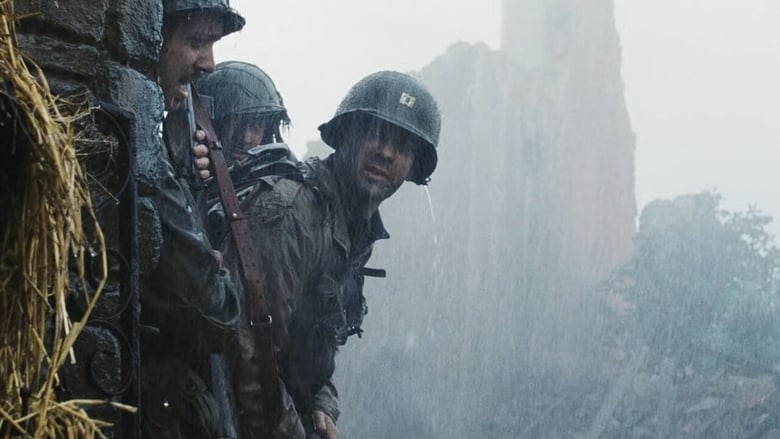
1. Schindler's List (1993)
Steven Spielberg's masterpiece, Schindler's List, isn't just a film; it's a profound historical document that captures the unimaginable horrors of the Holocaust through the extraordinary true story of Oskar Schindler. Liam Neeson's portrayal of Schindler, a German businessman who saved over a thousand Jews during World War II, is nothing short of breathtaking. The film's decision to be shot predominantly in black and white wasn't merely an artistic choice; it was a deliberate one to evoke the documentary feel of historical footage, making the few instances of color, like the girl in the red coat, even more devastatingly impactful. John Williams' score is another character in itself, lending a haunting beauty to the tragic narrative. This film is a testament to the power of cinema to educate, to bear witness, and to ensure that such atrocities are never forgotten. It truly is a must-watch for anyone seeking to understand a pivotal moment in human history.

